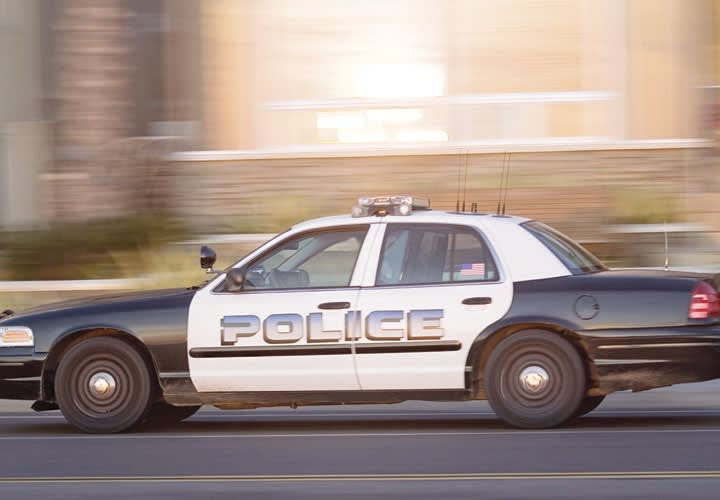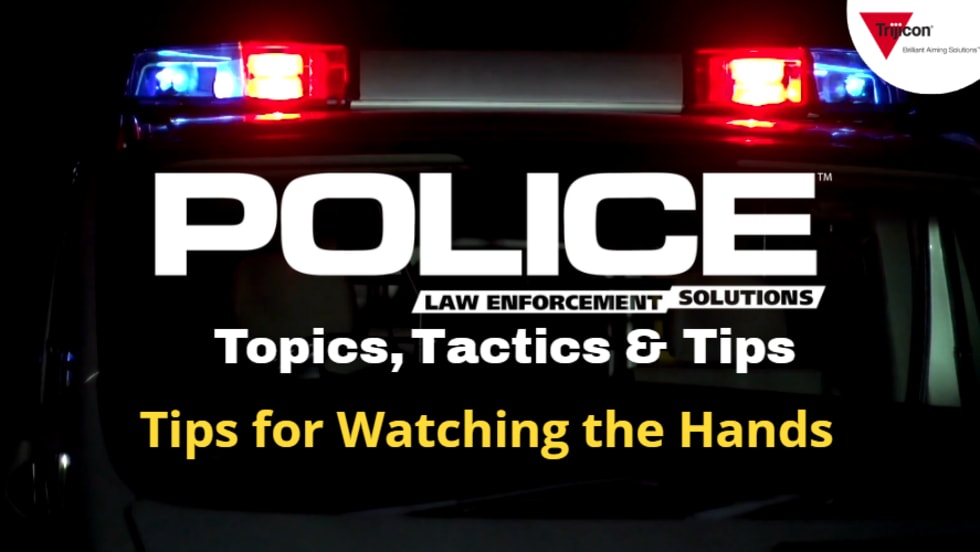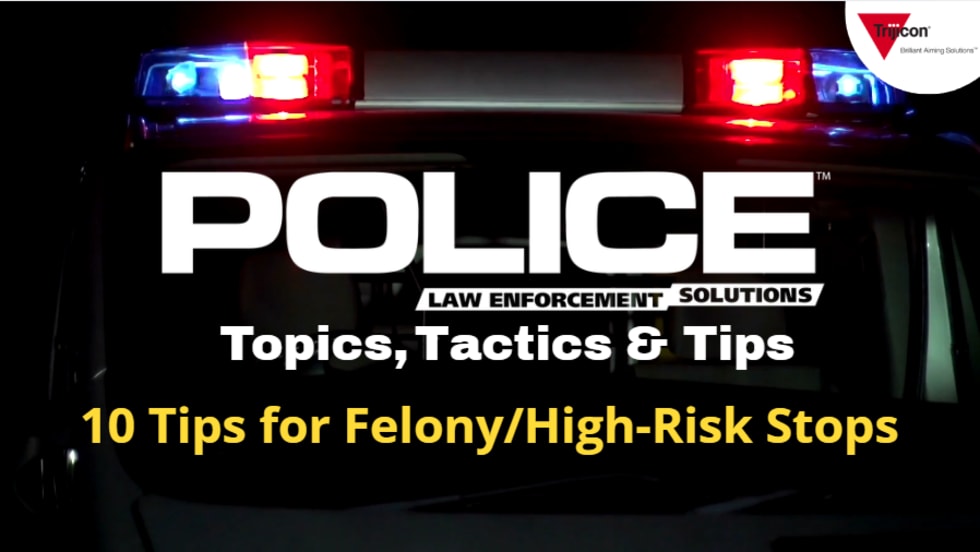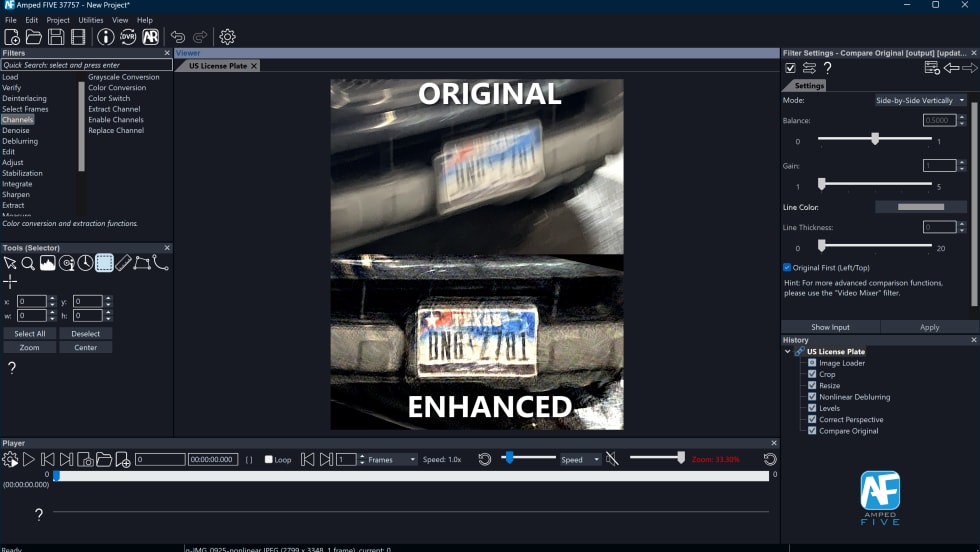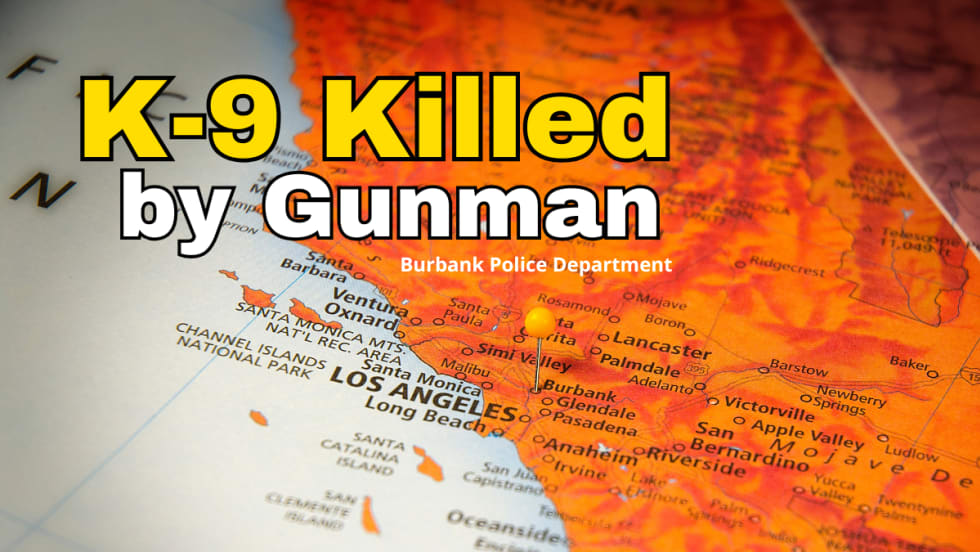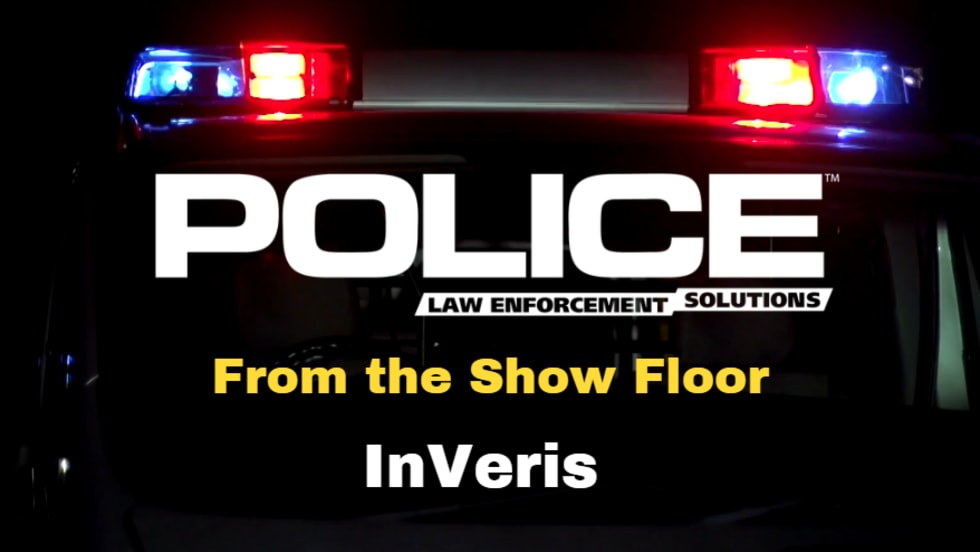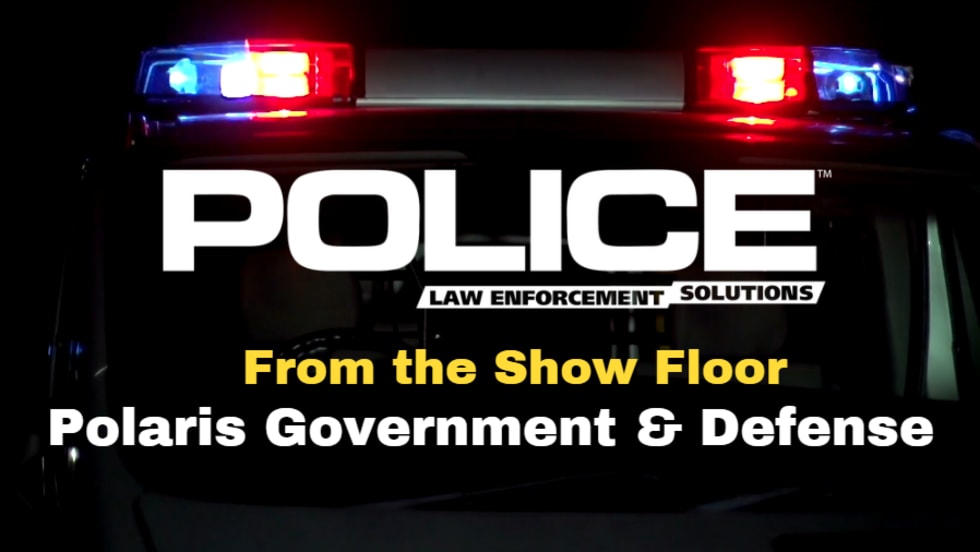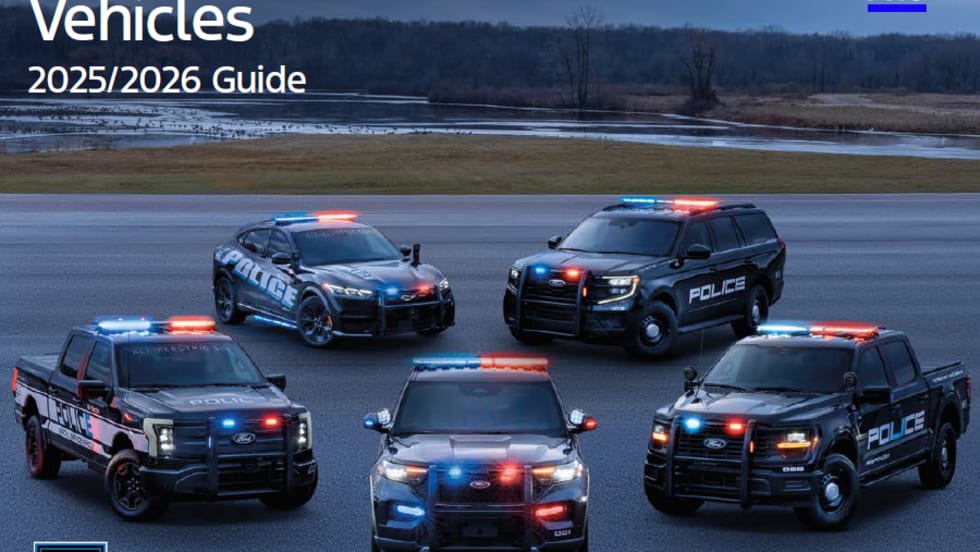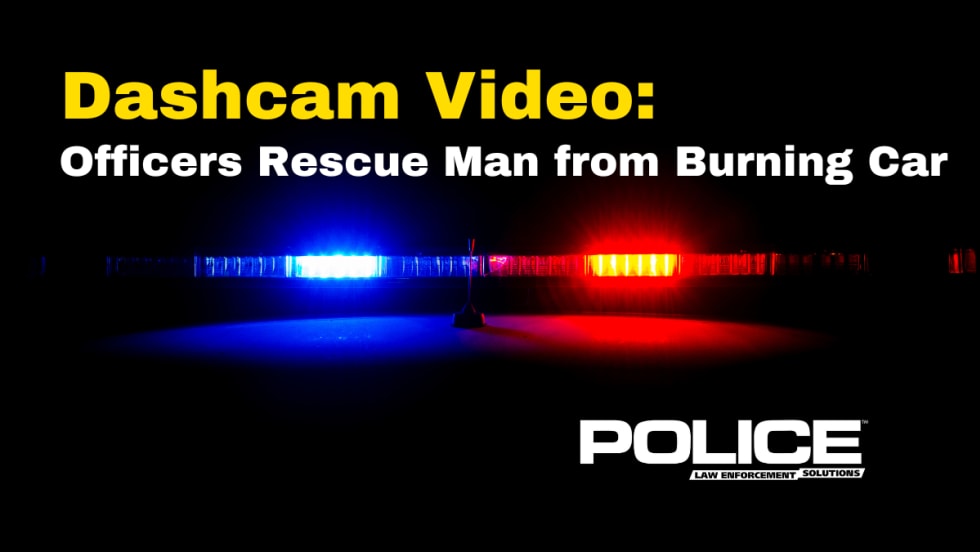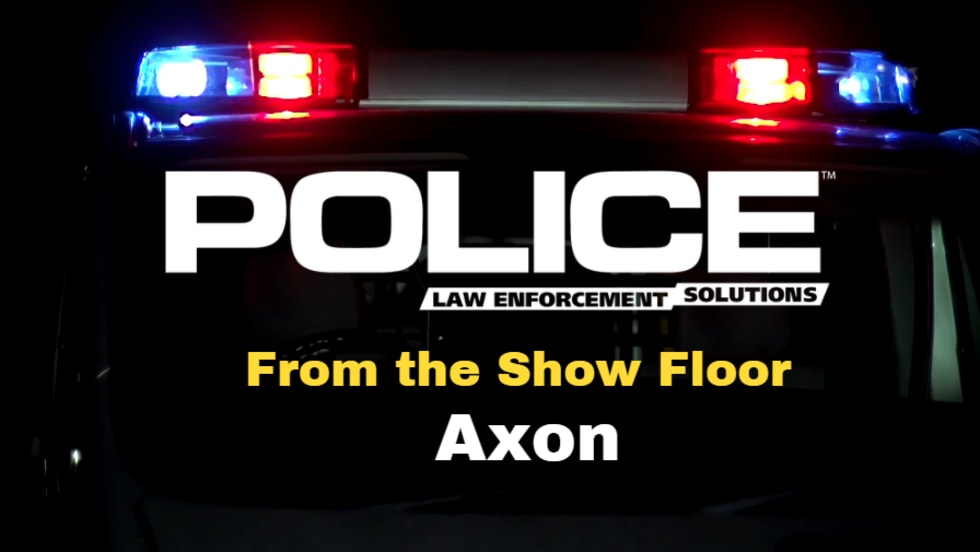I, like most cops, take off my seat belt as I am approaching a vehicle, house, or a person. But at that point, I am going at a very low speed, usually 10 miles per hour or less. If I get into a collision at that speed, I have an excellent chance of being OK. If I get into a collision at 100 miles per hour without a seat belt, I probably won't be going home at the end of shift. In 2011, we lost 45 officers to collision-related deaths.
3. Being Too Proud
Pride goes before a fall. Call for backup. It is not a sign of weakness; it is a sign of tactical awareness. Ask yourself how much sense would it make for the SWAT team to respond to a call and say, "Oh there is only one suspect in the house. Well we will just send in one officer. There is no way the suspect in the house is better trained or equipped than our guy." Ridiculous. Right?
I have heard this mantra from more than one SWAT team: "Surprise, speed, and overwhelming force overcome a myriad of tactical problems." When SWAT teams engage, the whole entry team goes in. So remember, you do not have to go it alone.[PAGEBREAK]4. Writing Too Little
Be humble enough to learn from your peers, especially the experienced ones. Most cops have a specialty or two. Something they love to do. Learn from the experts next to you. If you are constantly going to court and getting grilled on the stand, find out why proactive officers rarely have to go to court. Most of the time, you will find it’s because they write good reports.


